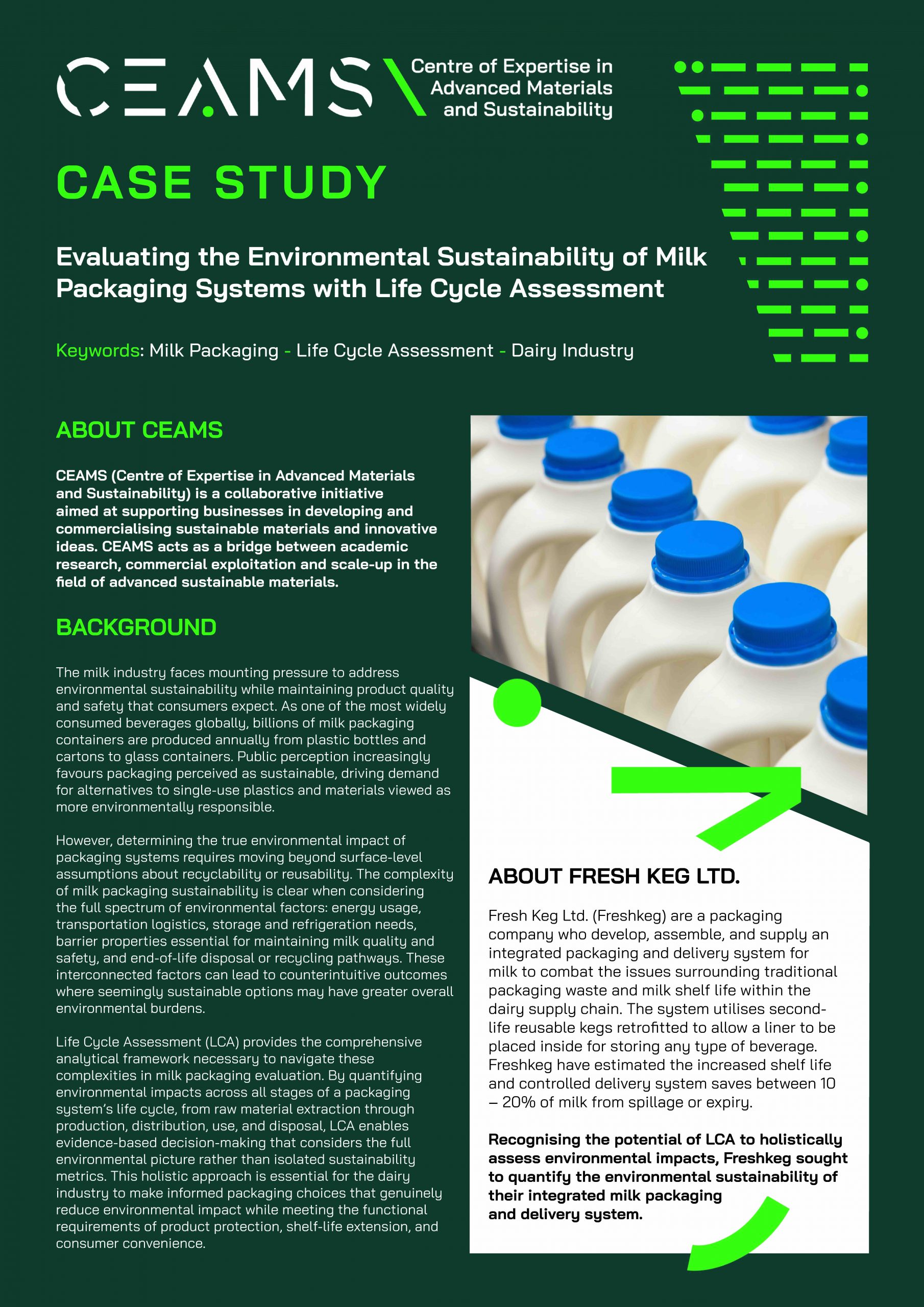CEAMS (Centre of Expertise in Advanced Materials and Sustainability) is a collaborative initiative aimed at supporting businesses in developing and commercialising sustainable materials and innovative ideas. CEAMS acts as a bridge between academic research, commercial exploitation and scale-up in the field of advanced sustainable materials.
Background
The milk industry faces mounting pressure to address environmental sustainability while maintaining product quality and safety that consumers expect. As one of the most widely consumed beverages globally, billions of milk packaging containers are produced annually from plastic bottles and cartons to glass containers. Public perception increasingly favours packaging perceived as sustainable, driving demand for alternatives to single-use plastics and materials viewed as more environmentally responsible.
However, determining the true environmental impact of packaging systems requires moving beyond surface-level assumptions about recyclability or reusability. The complexity of milk packaging sustainability is clear when considering the full spectrum of environmental factors: energy usage, transportation logistics, storage and refrigeration needs, barrier properties essential for maintaining milk quality and safety, and end-of-life disposal or recycling pathways. These interconnected factors can lead to counterintuitive outcomes where seemingly sustainable options may have greater overall environmental burdens.
Life Cycle Assessment (LCA) provides the comprehensive analytical framework necessary to navigate these complexities in milk packaging evaluation. By quantifying environmental impacts across all stages of a packaging system’s life cycle, from raw material extraction through production, distribution, use, and disposal, LCA enables evidence-based decision-making that considers the full environmental picture rather than isolated sustainability metrics. This holistic approach is essential for the dairy industry to make informed packaging choices that genuinely reduce environmental impact while meeting the functional requirements of product protection, shelf-life extension, and consumer convenience.
Fresh Keg Ltd. (Freshkeg) are a packaging company who develop, assemble, and supply an integrated packaging and delivery system for milk to combat the issues surrounding traditional packaging waste and milk shelf life within the dairy supply chain. The system utilises second life reusable kegs retrofitted to allow a liner to be placed inside for storing any type of beverage. Freshkeg have estimated the increased shelf life and controlled delivery system saves between 10 – 20% of milk from spillage or expiry.
Recognising the potential of LCA to holistically assess environmental impacts, Freshkeg sought to quantify the environmental sustainability of their integrated milk packaging and delivery system.
Project
A 7-month desk-based LCA investigation was conducted by CEAMS Application Scientists from the Henry Royce Institute (Royce) and experts from the University of Manchester to quantify the environmental sustainability of the Freshkeg milk delivery system. The entire life cycle of Freshkeg’s system, from production to end-of-life, was assessed and compared with conventional packaging systems such as HDPE plastic and glass milk bottles.
The LCA consisted of four stages in line with key ISO standards: goal and scope definition, life cycle inventory building, life cycle impact assessment, and interpretation. Researchers from Royce and the University of Manchester also conducted visits across the supply chain with Freshkeg for primary data collection, while also supporting the inventory build with literature sources and wider supply chain data.
Results
Based on the milk waste and reuse rates assumed in the LCA, the Freshkeg system can reduce the carbon footprint of milk delivery consumption by 50 – 70% compared to commonly used plastic and glass milk bottles. Furthermore, from a carbon footprint perspective, Freshkeg offers key benefits such as reduced milk losses. Even when milk wastage is excluded, Freshkeg remains the best option overall across several factors due to its high reuse rate, less energy-intensive cleaning process and lower water consumption.
While several “hotspots”– areas within a product’s life cycle that have disproportionately high environmental impact – of Freshkeg’s milk packaging system were identified, additional analyses suggest these can be mitigated by further integration into the existing dairy distribution network as most are attributed to transport and cold storage steps in the supply chain.
Impact
Through an extensive LCA, the environmental impacts of the Freshkeg milk delivery system were evaluated and compared with conventional plastic and glass milk bottles, confirming the company’s competitiveness in the milk packaging and delivery market. As part of this, CEAMS, in collaboration with experts from the University of Manchester, successfully identified hotspots in Freshkeg’s manufacturing and distribution activities, which will enable the company to make informed decisions about further improving its environmental sustainability credentials.
Life Cycle Assessment is indispensable for progress toward a sustainable industry as it provides a comprehensive evaluation of the environmental impacts of products, processes, or services across their entire life cycle. The LCA support offered through CEAMS is dedicated to helping businesses overcome barriers to improve carbon emissions, comply with industry regulations, and empowering informed decision-making.
"It’s one thing for Freshkeg to talk about the sustainability of the Freshkeg system but it’s quite another to see it rigorously compared by the experts at CEAMS against traditional glass and plastic bottles. By evaluating our entire packaging and delivery system holistically, the CEAMS team gave us a much deeper understanding of our overall environmental impact and, importantly, how to reduce it further."
Fresh Keg Ltd.




